The electric vehicle revolution is not just limited to passenger cars. The trucking industry, a significant contributor to global carbon emissions, is undergoing a transformative shift towards decarbonization. Leading this change is the Tesla Semi, which recently underwent its first independent real-world test as part of the North American Council for Freight Efficiency’s (NACFE) Run On Less program.
In December 2022, PepsiCo took delivery of the Tesla Semi, and after nearly ten months, the electric truck’s performance in real-world conditions has been revealed. As part of the NACFE program, PepsiCo deployed 21 Tesla Semis from its Sacramento, California depot for both short-haul and long-haul delivery tasks. While most of these electric trucks covered distances under 100 miles, three Semis embarked on journeys of up to 450 miles, aligning with Tesla’s claimed range of 500 miles on a single charge.
Mike Roeth, NACFE’s executive director, emphasized the industry’s shift towards electric vehicles, stating, “As trucking works on decarbonizing, fleets are investing in more electric vehicles at their depots which brings with it many benefits but also some challenges, especially around infrastructure and charging.” This sentiment underscores the broader industry trend, with companies like Schneider National and Performance Team also participating in the program, advancing electric commercial vehicle technology.
The Tesla Semis were assigned to “heavy-load long-haul transport operations,” covering two specific routes around Sacramento for 18 days. The results were promising. On the first day, one Semi covered an impressive 335 miles with about 17% charge remaining, maintaining a consistent speed of 62 mph on the highway. Another Semi achieved 295 miles before recharging at around 21% charge, and a third showcased a remarkable 377-mile range, with its battery depleting to under two percent.
Similar Posts
While these numbers are impressive, it’s essential to consider various factors influencing the range, such as temperature, elevation changes, driving patterns, and precise payload. On the inaugural day, the temperature was 94 degrees Fahrenheit, but details on other influencing factors remain undisclosed.
The Tesla Semi’s energy consumption stands at less than 2 kilowatt-hours per mile. Although Tesla has yet to reveal the official battery capacity, estimates suggest the 500-mile version might be equipped with approximately 850-900 kWh of battery capacity. This electric truck also boasts superior incline performance compared to traditional diesel trucks.
The broader implications of these tests are profound. As Roeth mentioned, leading fleets are tackling the challenges of electrification and sharing their learnings with the industry. This collaborative approach will be crucial in accelerating the transition to sustainable transport solutions.
In conclusion, the Tesla Semi’s real-world performance offers a promising glimpse into the future of electric commercial vehicles. As more companies participate in programs like NACFE’s Run On Less, the industry will gain a clearer understanding of the benefits and challenges of electric trucks, paving the way for a sustainable and decarbonized future.
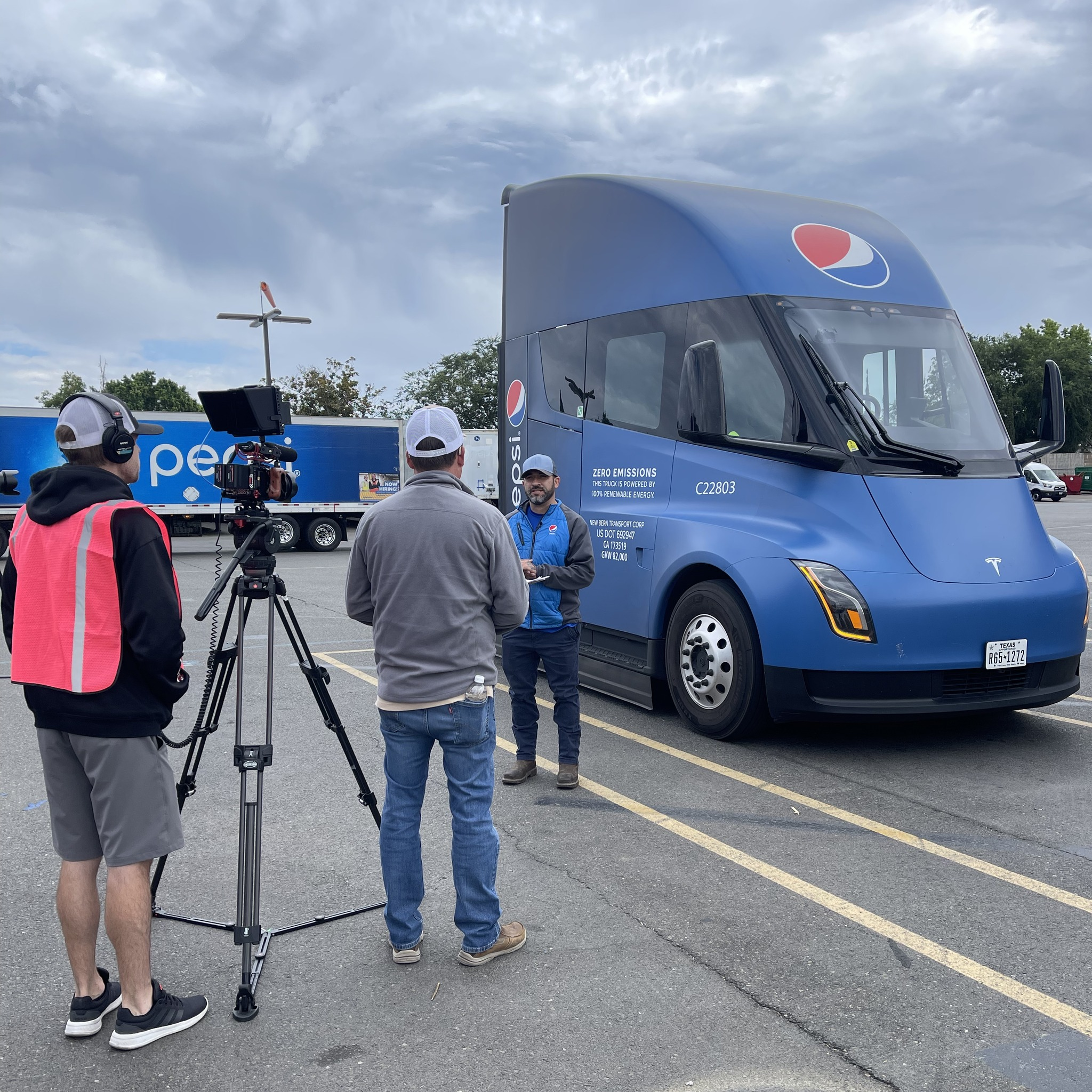
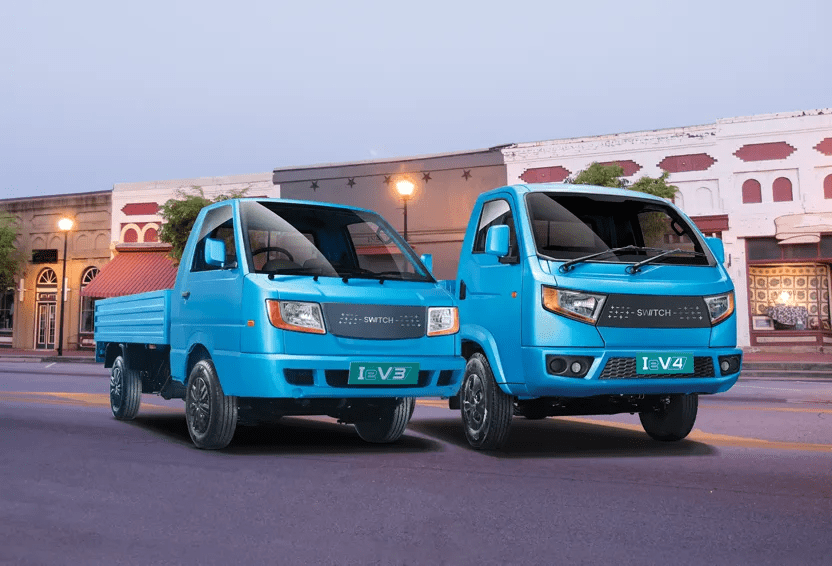

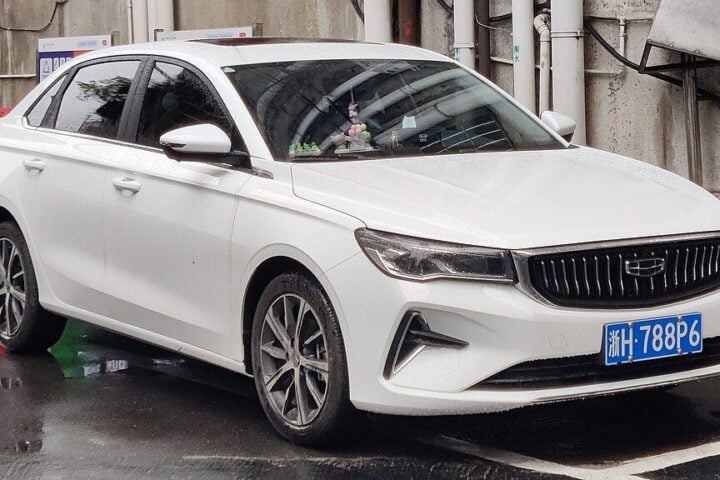
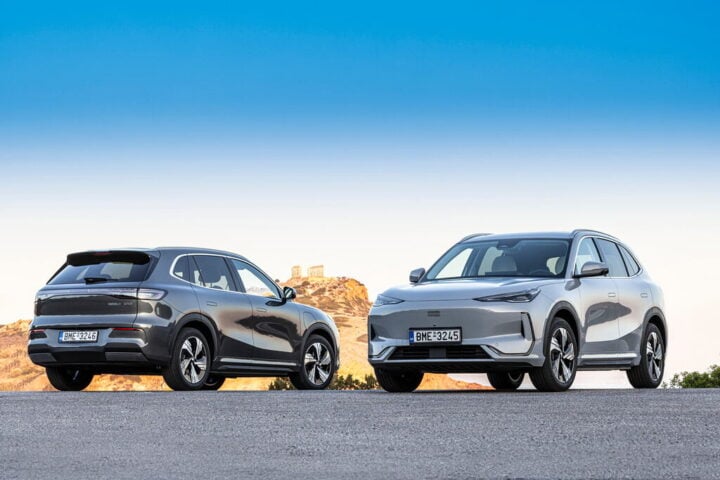
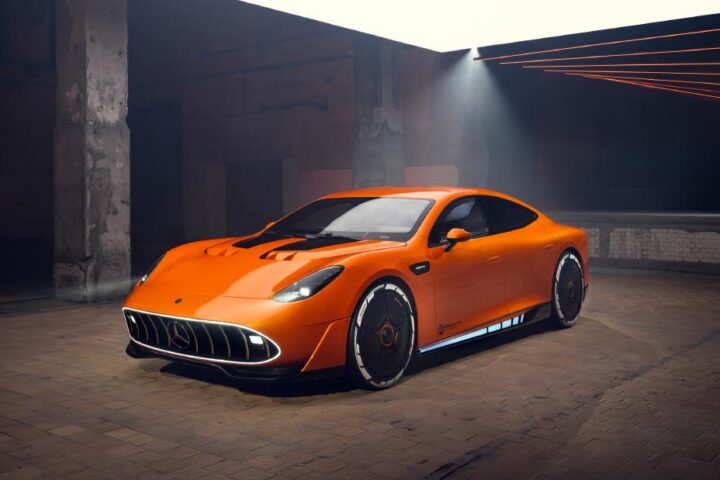


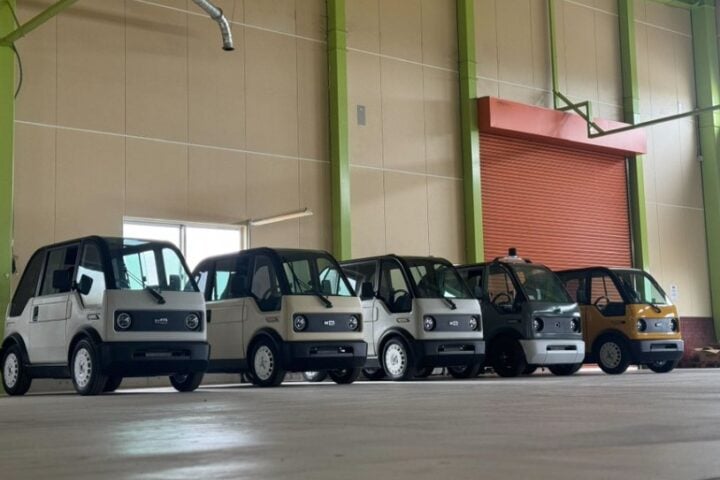
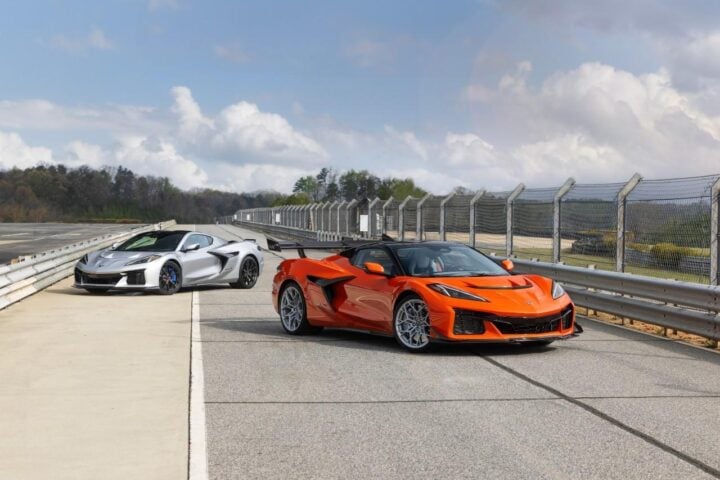
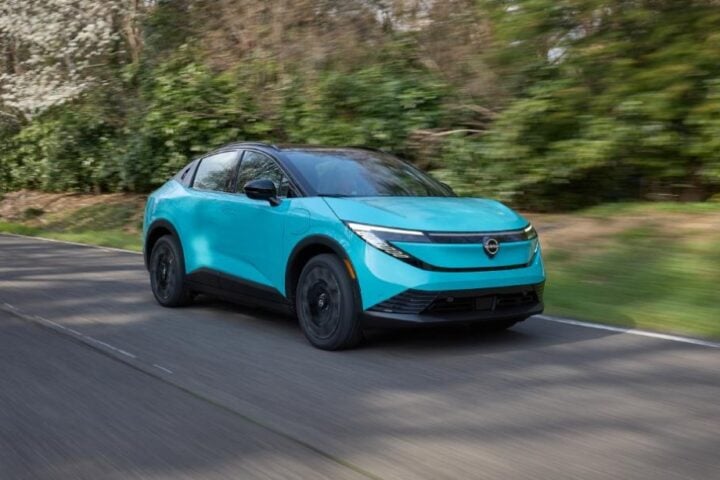
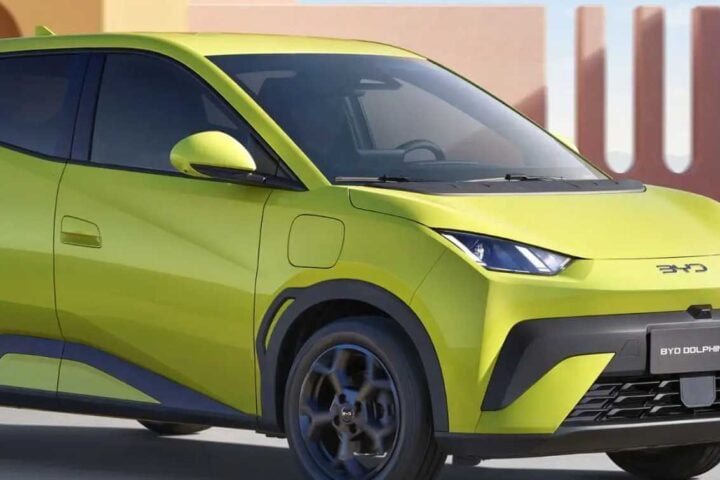
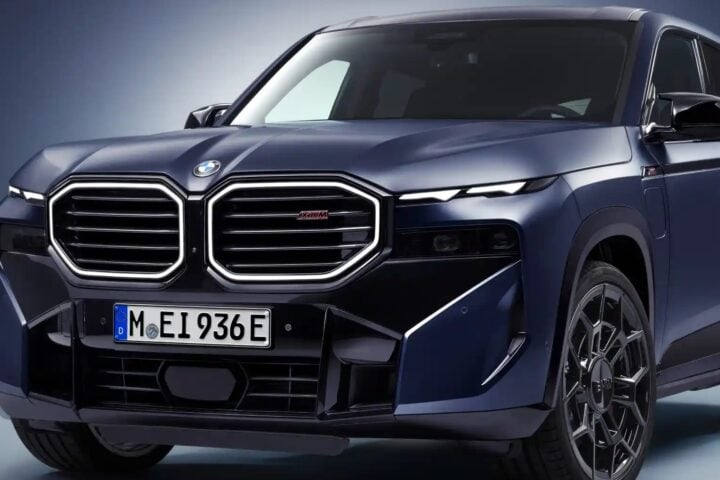
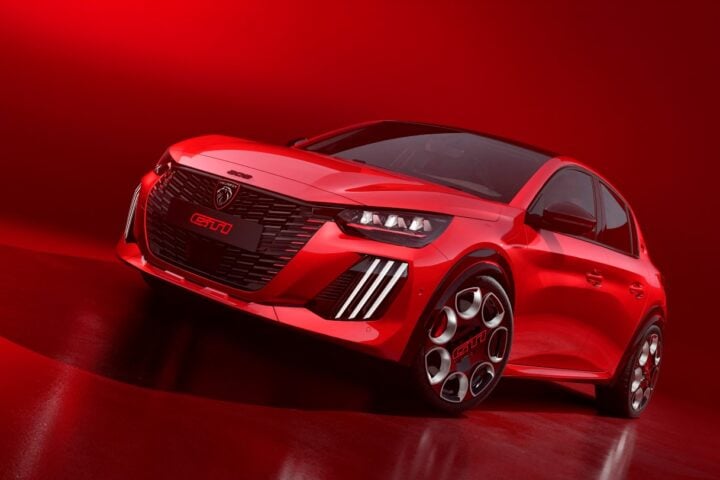
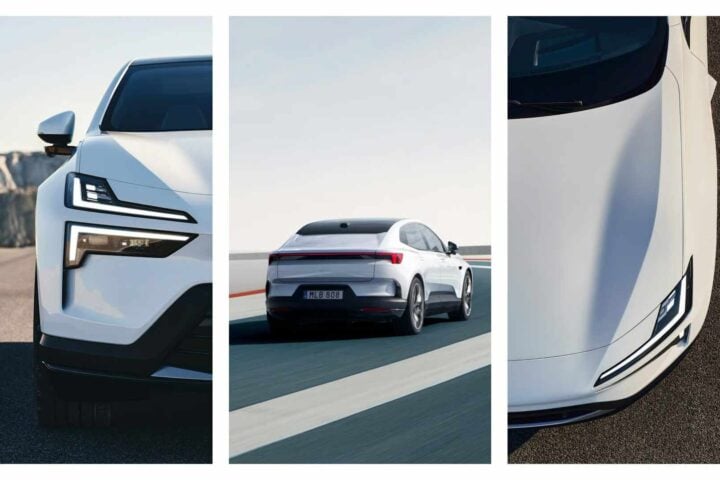
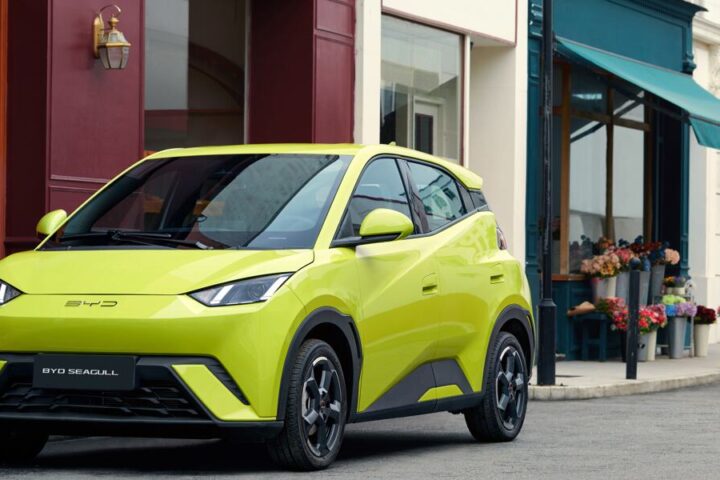
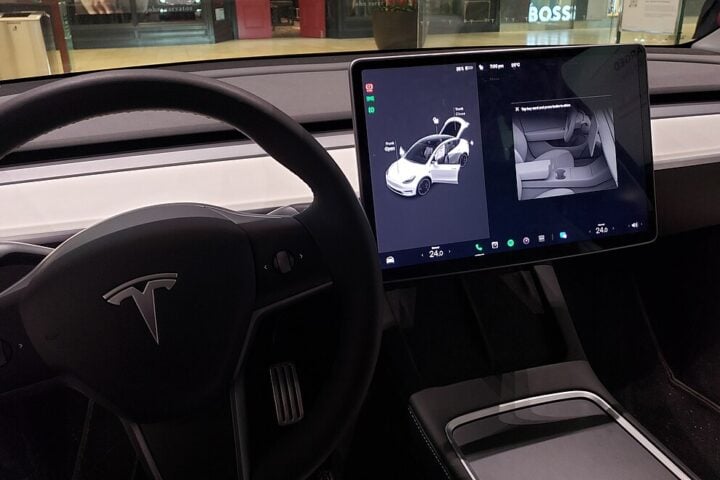
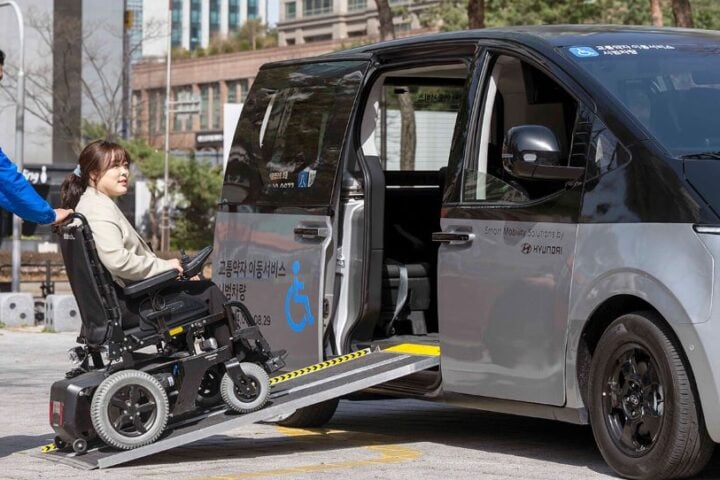

Hydrogen is the answer for sustainable energy at present and in the future. EV Is not the solution as it is eventually being prepared from lithium and Lithium is prepared from coal. So indirectly we are consuming natural resources for making EV. Next we also doesn’t have plan to dump this batteries which will anyway lead to pollution making our planet a not better place to leave.